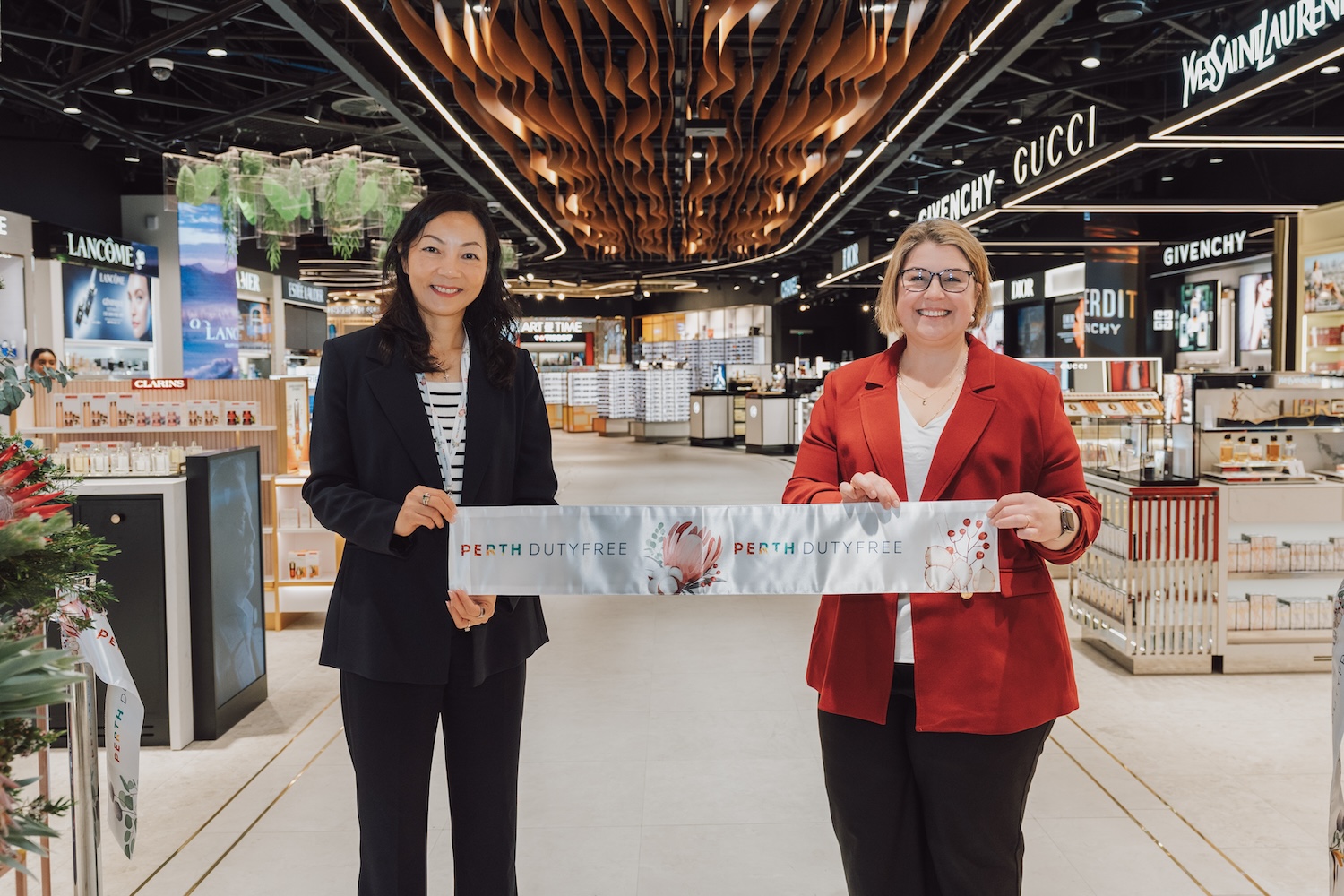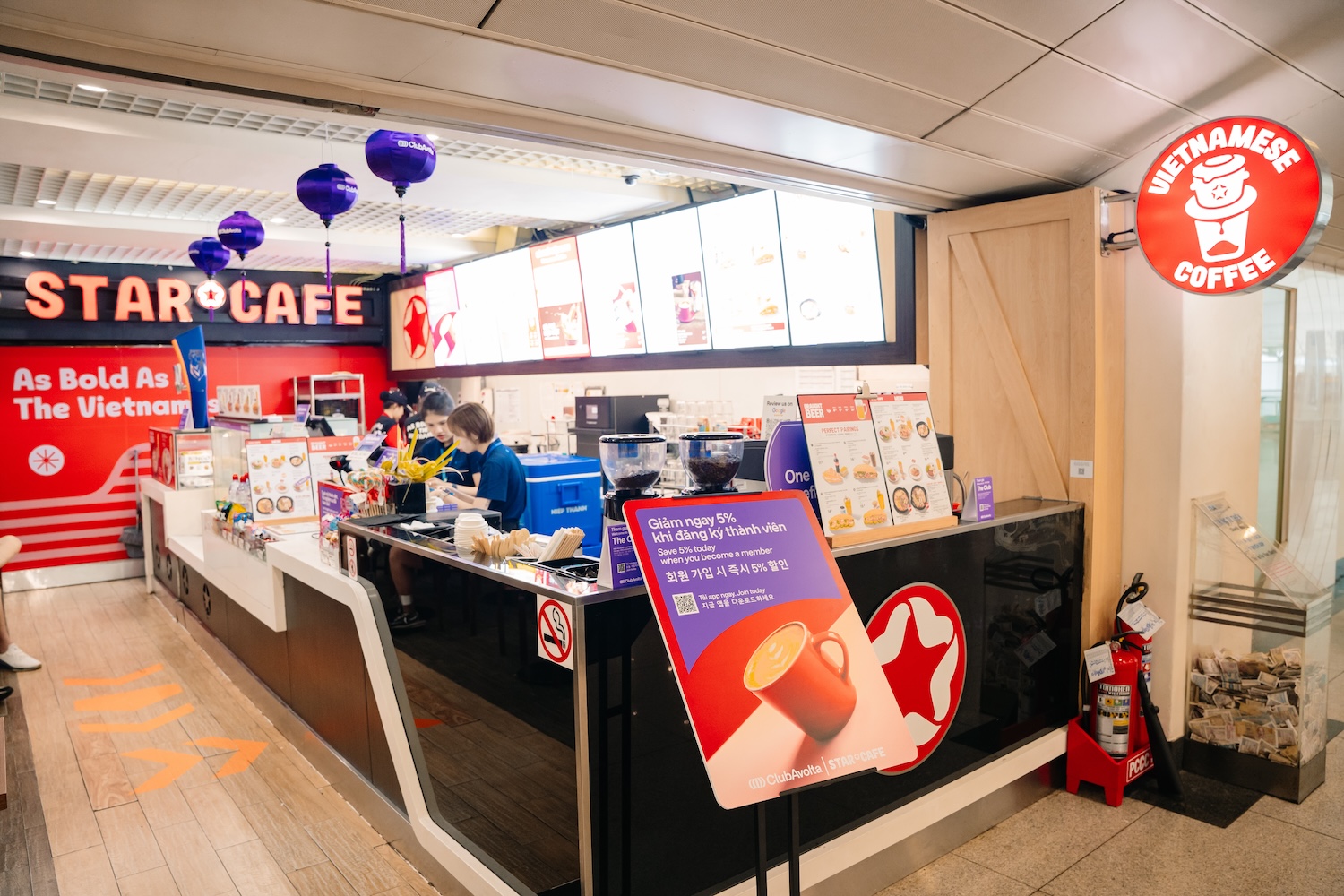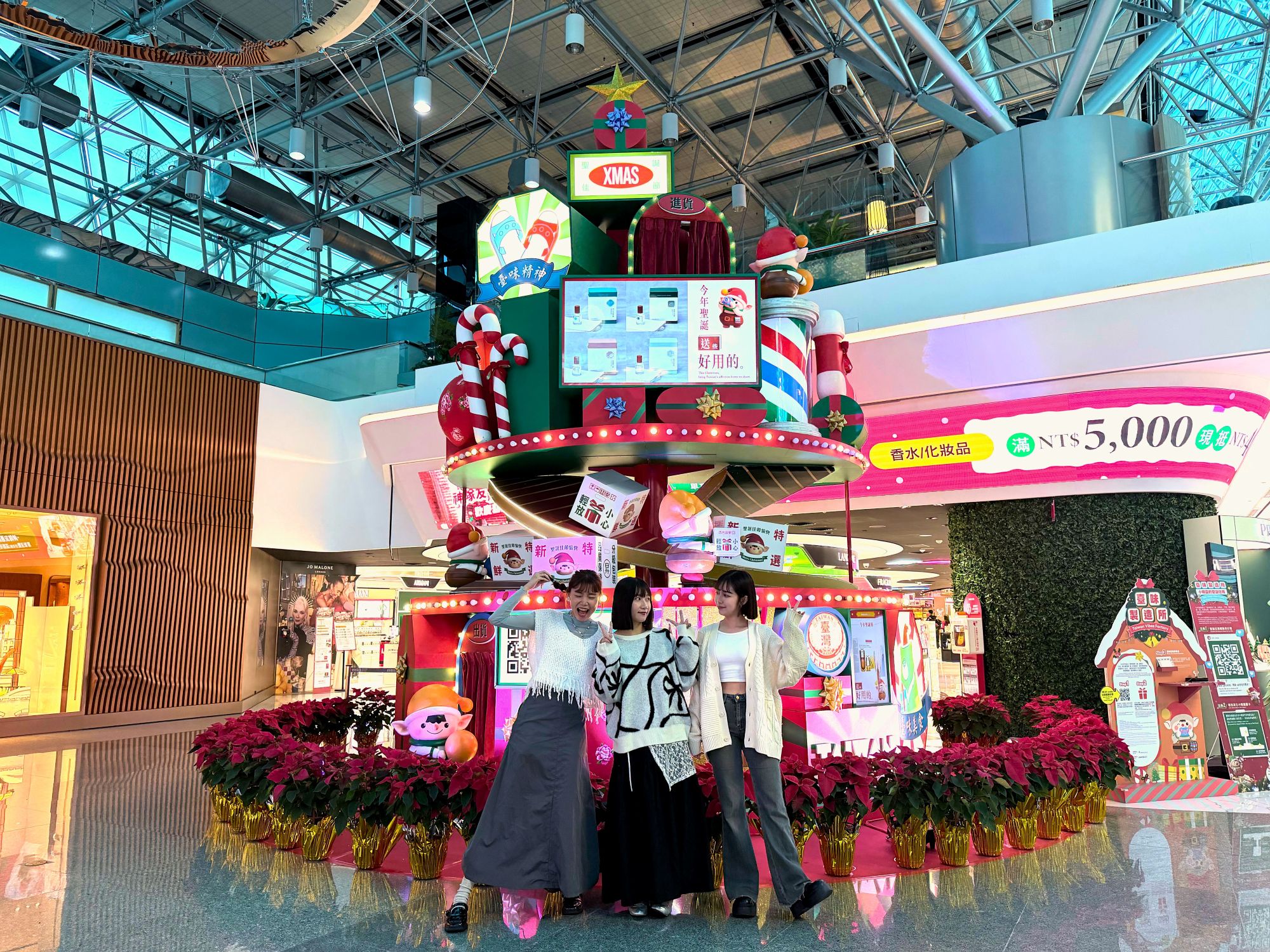November 18, 2025
Avolta’s APAC acceleration: A conversation with Freda Cheung
Avolta’s President and CEO of APAC describes expansion across the Asia Pacific region through partnerships, retail concepts and loyalty initiatives

Avolta is expanding across the Asia Pacific (APAC) region by leveraging partnerships, innovative retail formats and loyalty initiatives to navigate one of the world’s fastest-evolving travel markets. Its APAC strategy combines long-term vision with agile execution, including entry into new markets, hybrid retail concepts, proprietary private label offerings and the Club Avolta loyalty program, which launched globally last year.
At the TFWA World Exhibition and Conference in Cannes, Global Travel Retail Magazine spoke with Freda Cheung, Avolta’s President and CEO – APAC, about the company’s regional expansion and approach to the broader macroeconomic environment.
Cheung views APAC as a region with significant growth opportunities. More than half of the world’s population and global trade are in APAC, and over half of the market for travel retail is concentrated there. Currently, the region represents just 6% of Avolta’s total business, making it the company’s smallest market (based on Avolta’s reported CHF 9 million in core turnover for Q3). “There’s a lot of room to grow, but it must be sustainable,” she says.
Recent wins
Avolta recently announced its entry into the Japanese market at Kansai Airport (KIX), marking a strategic milestone. Cheung explains that Japan is traditionally a closed market, with airports focused on domestic cuisine such as ramen, sushi, bento boxes and local beer. Kansai, however, welcomed Avolta to introduce international offerings.
The company will launch three concepts at Kansai: Wolfgang Puck, Crystal J and its proprietary F&B brand, Fresh, featuring sandwiches, pizza and pasta. Scheduled to open in June 2026, the launch targets a market where 80% of traffic is international. “Travelers often want something familiar after several days of Japanese cuisine,” Cheung says. “Kansai showed courage and faith in allowing us to broaden their offerings.”

Perth, Australia has also recently delivered strong results. A refurbishment of four duty free stores, which completed just last month, has introduced a premium walk-through experience. “Now, 100% of passengers can walk through 100% of the store,” Cheung says. “Even before completion, sales had already exceeded expectations.”
The store design draws on the Six Seasons of the Noongar people, who are the traditional custodians of the land where Perth Airport sits. Each season shapes in-store sections through imagery, lighting, materials and colors. Cheung also highlights the proprietary private label concept, EXPLORING, which was developed with local artists. “We commissioned artists to design packaging reflecting Perth’s landmarks, culture and outdoor lifestyle,” she says. Perth’s iconic symbols such as koalas, kangaroos, surfing and kayaking appear on merchandise from cookies and chocolates to magnets and shot glasses.
Cheung sees EXPLORING as true innovation: “It’s private, we designed it, we own the copyright and it’s only available in Perth Airport,” she shares. “It’s not just about creating a display table within the store. If you make a proprietary private label concept that you can’t find anywhere else in the world, people can take it home and it reminds them of Perth, while also supporting local artists.”

Growth potential
Cheung identifies India, Indonesia and Vietnam as additional growth hubs. In India, operations are expanding, with strong results in Bangalore and a new F&B opening in Noida planned for December 2025. Bali, Indonesia benefits from steady tourism, while Vietnam draws golf-focused travelers from Korea, China and Japan, boosting sales. “It’s cheaper to golf there than at home, so we see many travelers coming specifically for golf,” Cheung says.
Malaysia and Sri Lanka remain stable and steady, though North Asia, especially China, presents some challenges. Government limits on outbound travel have been reducing spending abroad, and travelers who leave the country spend less than pre-pandemic levels. However, Cheung remains optimistic: “China has 1.4 billion people and a middle class roughly the size of the United States. The buying power remains there.”

Club Avolta levels up
Launched globally in 2024, Club Avolta has seen strong adoption across APAC, where digital engagement is high. “Loyalty programs are expected in this region. APAC is technologically savvy, so it’s a must-have,” Cheung says.
Club Avolta recently announced an innovative partnership with Thailand’s King Power Group at the TFWA World Exhibition and Conference in Cannes last month. This new program gives members access to benefits across both networks. “Club Avolta members in Thailand enjoy perks even where we don’t operate, while King Power’s Power Pass members traveling abroad can access privileges in Vietnam, Singapore, and beyond. That’s what I call 1 + 1 = 3,” Cheung explains.
The response to the partnership has been overwhelmingly positive. “Everyone I’ve spoken to says it’s very out-of-the-box thinking. It took leadership, vision, courage and determination to make it happen,” notes Cheung.

Super apps also drive conversion in markets such as China, Hong Kong and Macau. Cheung highlights Alibaba in China: “It’s beyond shopping. They’ve built a super app around life,” she says. “Being on that platform as a springboard helps. If you’re not on it, nobody will find you. People aren’t searching. They expect what they’re looking for to show up in front of them.”
She contrasts Eastern and Western approaches to loyalty. In Western markets, companies launch new apps to attract users. In Eastern markets with high existing adoption, the focus is on adding value to current customers through these super apps. “You already have customers. The question is: what else can you offer them?”
Multi-channel engagement remains a priority to grow Club Avolta’s membership. “Signing people up in stores helps, but digital can’t be mono-channel. You need presence on super apps, Instagram, WeChat, everywhere,” Cheung says. She adds that Avolta is also exploring AI-powered recommendations to track purchase behavior and preferences. “Personalized marketing works. Generic marketing gets deleted.”
Cheung shares that Club Avolta will continue to evolve. “Destination 2027 will take it further. There’s no finish line; just ongoing refinement.”
Hybrid concepts
Avolta continues to explore hybrid store-and-café concepts, including its Hudson Café format, which combines retail with coffee, pastries and light meals. Cheung notes that despite the success of hybrid stores, there remains one major challenge. APAC airports face limitations in how they issue RFPs, which are still separated into either F&B or retail, with no formal hybrid option available. “Airports want this concept, but company rules restrict them," she notes. "Travelers want convenience, options and speed, and hybrid formats deliver all three. For now, we continue to evangelize."
Adapting to VUCA
Cheung acknowledges that travel retail is currently operating in a VUCA environment – volatility, uncertainty, complexity, and ambiguity – and APAC is no exception. “Our growth strategy remains focused on long-term sustainability. We don’t buy market share aggressively and we avoid overbidding,” she says.
She emphasizes that managing a team through such conditions requires agility, adaptability and clear communication. "Communicate that the strategic plan hasn’t changed, but adapt with speed and anchor your people,” Cheung explains. For her, anchoring the team means reinforcing confidence in Avolta’s broader goals. “Managing your team in times of uncertainty is about helping them believe in our Destination 2027 strategy and knowing we’re on the right track. The results are already coming in.”
Cheung concludes with a metaphor for Avolta’s growth approach: “Don’t chase. If you chase a butterfly, it flies away. Instead, attract. Grow a garden. The butterflies will come.”




